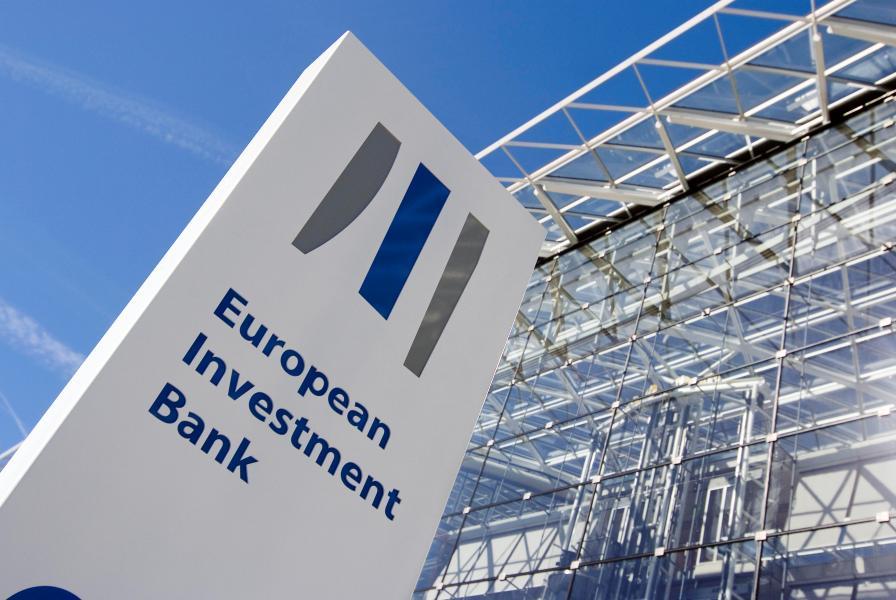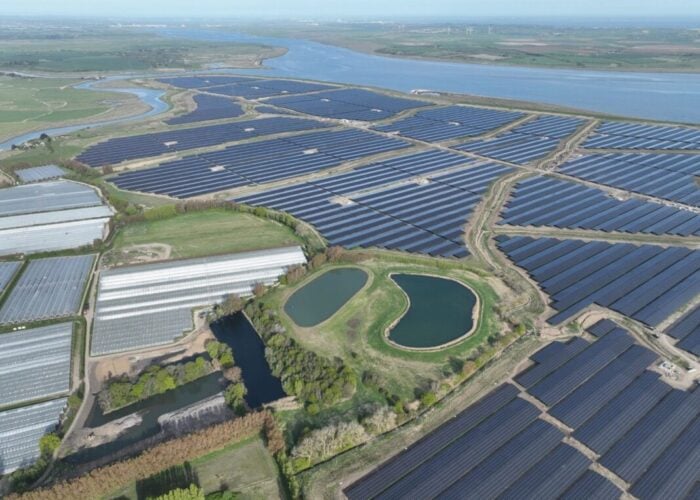
The European Investment Bank (EIB) is debating plans to shift its multi-billion energy funding firepower to back energy storage and free-market renewables more decisively.
The bank’s board of directors met this week to discuss a major overhaul of its six-year-old energy lending policies, with fossil fuel divestment proposals meant to help the EU lead the global fight against climate change.
Unlock unlimited access for 12 whole months of distinctive global analysis
Photovoltaics International is now included.
- Regular insight and analysis of the industry’s biggest developments
- In-depth interviews with the industry’s leading figures
- Unlimited digital access to the PV Tech Power journal catalogue
- Unlimited digital access to the Photovoltaics International journal catalogue
- Access to more than 1,000 technical papers
- Discounts on Solar Media’s portfolio of events, in-person and virtual
The 46-page draft circulated by the EIB – which must be adopted before it becomes final – anticipates a new direction in the bank’s ongoing campaign to back energy ventures, which has seen it pump nearly €50 billion (US$55 billion) into the sector over the past five years alone.
Free-market renewables are among the new targets the EIB will sets its sights on, the draft shows. The bank now wants to back “market-based” energy ventures that source part or all of their revenues from energy markets or via mechanisms such as auctions, the document says.
The EIB will also bankroll battery storage, demand response and decentralised energy systems, key to integrating the high volumes of variable solar and wind – a 60% share of the EU-wide electricity mix – it estimates will be present by 2030 if the bloc meets its binding targets for that year.
The “limited track record” of these novel technologies will likely hamper their efforts to raise capital, the EIB’s draft energy policy notes, adding that the going will be particularly tough for those exposed to the risk of wholesale market prices.
The EIB will work to boost uptake of batteries and other new entrants through tailored finance and advice, the draft promises, adding: “Bank financing volumes may remain modest, but they can have a strong early demonstration effect, helping to leverage additional private sector investment.”
New EU energy chapter as global green finance gathers steam
Whether the EIB’s lending shift becomes hard policy will be decided later, with its Board of Directors set to discuss the draft again in Luxembourg on 15 October. Contacted by PV Tech, a bank spokesperson did not shed light on adoption timetables, noting that the decision rests on how talks play out.
The bank’s move makes it the latest clean energy financier to revamp its policies in the wake of the Paris Agreement on climate change of 2015. The positioning comes as UN scientists warn the world must invest US$2.4 trillion a year in renewables if it hopes to limit destructive global warming.
The EIB is not the only state-sponsored financier to be eyeing a refocus on storage batteries and other less-mature technologies. In late July, Australia’s Clean Energy Finance Corp (CEFC) promised greater allocations to grid stability and large-scale energy storage over the next 12 months.
Financiers’ interest in grid-supportive energy storage is building as economics improve, particularly around solar-based systems. Various studies have described these hybrids as already – or soon to be – competitive in Europe, while major US utilities are mulling moves as coal's attraction weakens.
The EIB’s talks to bring its energy lending in line with post-Paris climate goals come at a momentous time for the EU bloc, currently witnessing the arrival of a new European Commission cabinet after the elections in May this year.
The solar-relevant new figures in the EU executive – including Energy commissioner Kadri Simson, an Estonian diplomat – will take over the policy reins after years when significant legislation, such as the renewable targets in the Clean Energy Package, was proposed and adopted.
Quizzed by PV Tech after the EU elections of May, trade body SolarPower Europe detailed its list of policy highlights for the new Commission term, including the ongoing review EU State Aid Guidelines for Energy and Environment and the calls to adopt a EU-wide solar industrial strategy.
See here to read the EIB's draft energy policy in full
The prospects and challenges of European solar's new era will take centre stage at Solar Media's Large Scale Solar Europe 2020, to be held in Lisbon on 31 March and 1 April 2020







